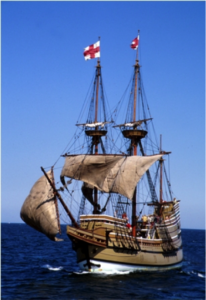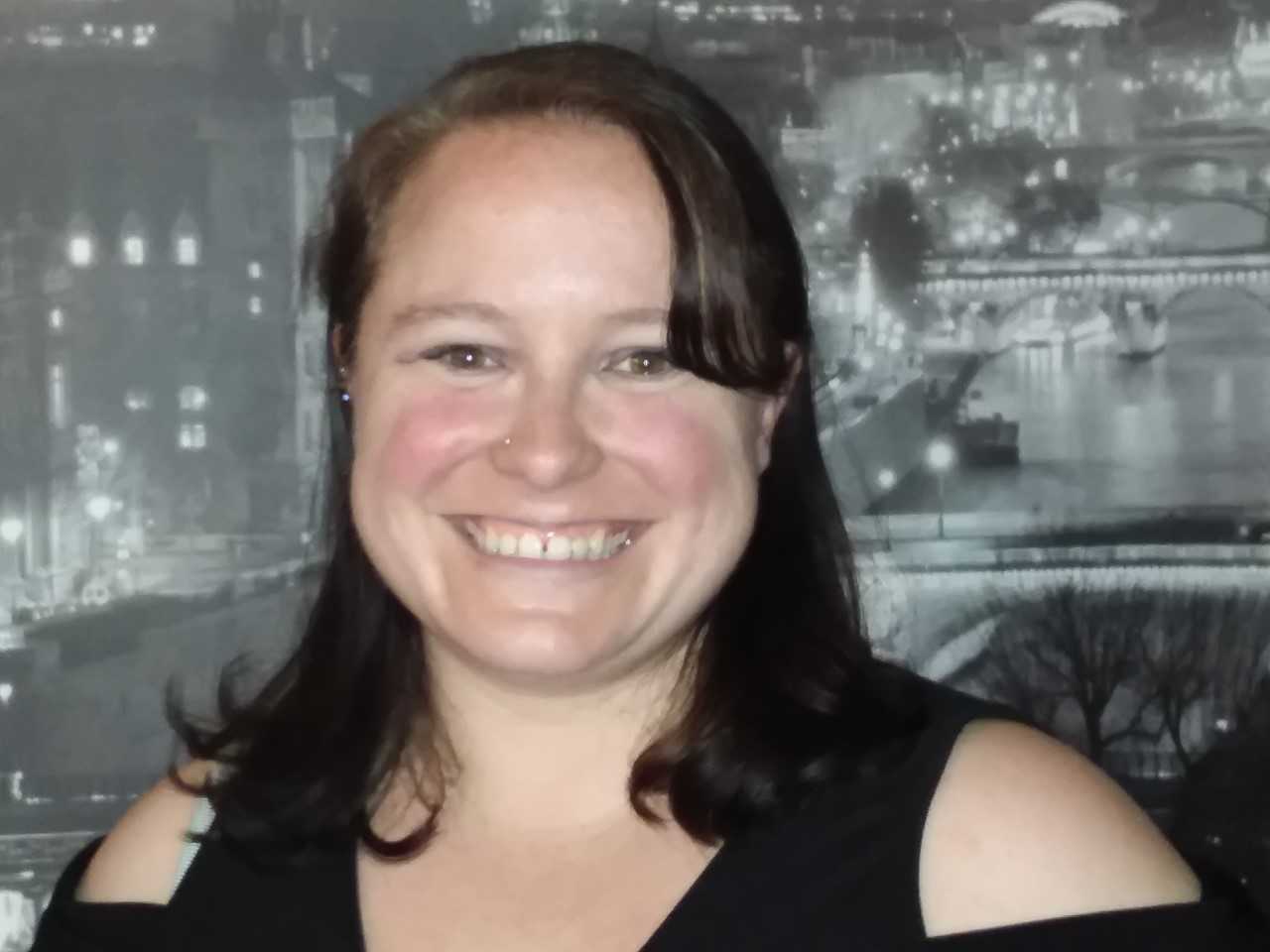 What drew me to genealogy was the idea that my family could have been part of a major historical event. When you learn about history in school, the different events – whether it be the Holocaust, the French Revolution, or the English Civil War – always seem to be so far removed from that moment. You never expect to learn that you might have personal ties to that event.
What drew me to genealogy was the idea that my family could have been part of a major historical event. When you learn about history in school, the different events – whether it be the Holocaust, the French Revolution, or the English Civil War – always seem to be so far removed from that moment. You never expect to learn that you might have personal ties to that event.
For example, I was fascinated by the sinking of the Titanic; I swear that had nothing to do with the massive crush my 13-year-old self had on Leonardo DiCaprio. When my father took me to see the movie Titanic, and we had dinner afterwards, I never expected to learn that my great-grandmother, Margaret Farrell, had tickets to travel on the ill-fated ship and, by a stroke of pure luck, missed her train and, subsequently, the ship. In that moment, I had a personal connection to a major historical event. The Titanic is merely one example. As I continued to learn about my family’s ancestry, I discovered more connections, including the Irish potato famine; the Italian ocean liner Andrea Doria; and, more recently, Prohibition.
The Mayflower is no different. Though my family may not have this particular claim-to-fame, such connections are hidden in plain sight. A few years ago, I was assisting an old family friend with his genealogy. Our families have been tied together for years – our sisters were friends, his mother drove me to pre-school, and now my niece and his granddaughter are in the same class. When I was working with him, I never expected to find that his family had entered this country on the Mayflower. That is exactly what I discovered, though.
[Significant] historical connections continued to arise, from the Salem witch trials to the founding of the American Red Cross to the San Francisco earthquake and fire of 1906.
Instantly, this man that I have known all my life was like royalty, because his family had been among the first settlers in America. From there, significant historical connections continued to arise, from the Salem witch trials to the founding of the American Red Cross to the San Francisco earthquake and fire of 1906. Additionally, other friends are tied to the Nanking Massacre and my stepmother can proudly say that her family played a significant role in the founding of Park City, Utah.
In my experience, discoveries such as these tend to jump start an interest in genealogy. When one discovers that an ancestor was on the front lines of history, one becomes eager to find out more, to see what other world-changing event their family effected. The Mayflower is just one example. What connections will you uncover?
Share this:

About Maureen Carey
A native of San Francisco, Maureen Carey has a B.A. in European History from Regis University and a M.A. in American History from the University of Colorado. She is passionate about genealogy and has enjoyed tracing her own ancestry to colonial America. Her many research interests include America, Ireland, and Italy. In her free time, Maureen loves to read, travel, and spend time with her family, friends, and pets.View all posts by Maureen Carey →